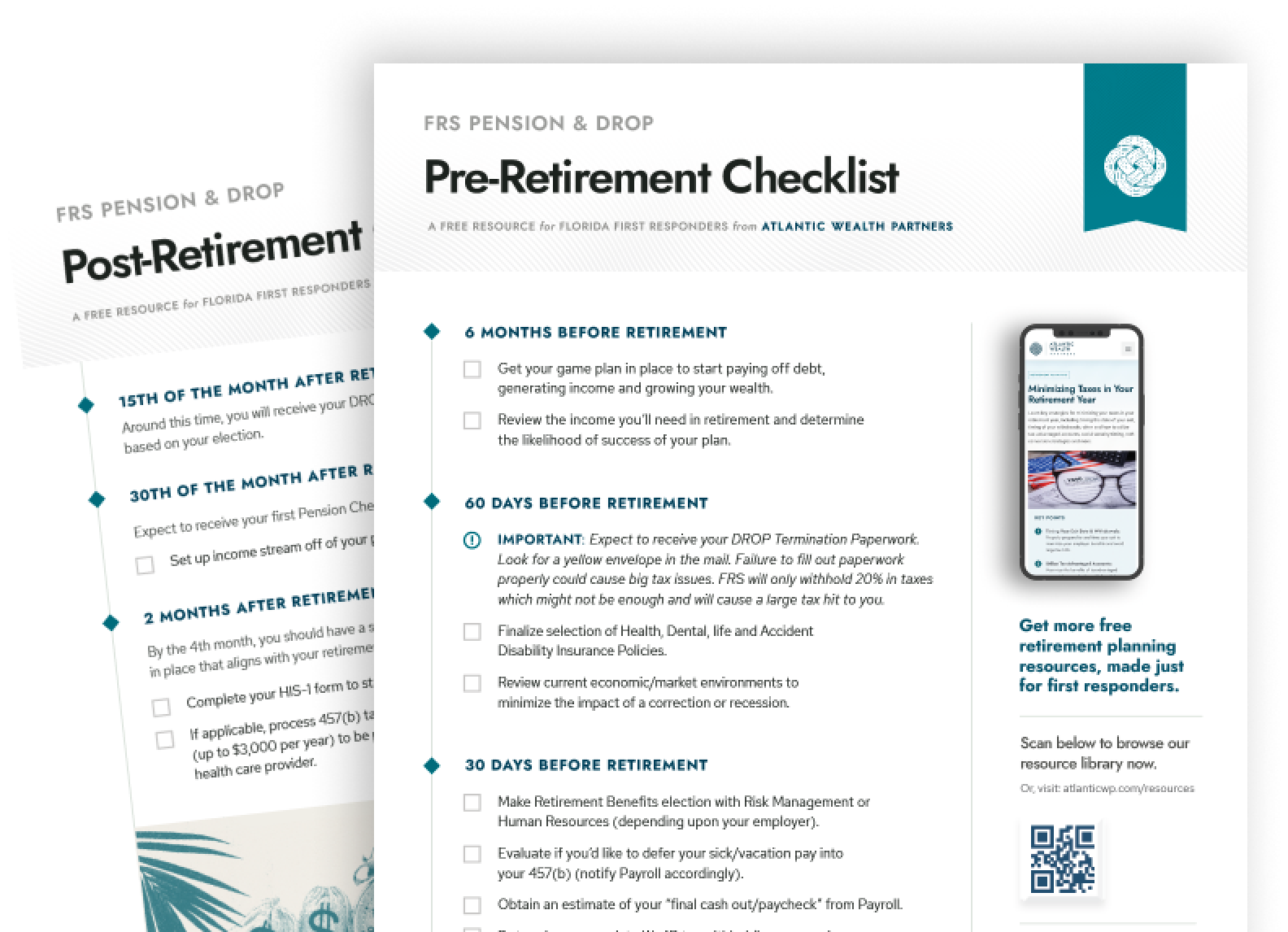Unlike a traditional IRA, Roth IRA contributions don’t provide you with a tax deduction upfront. Contributions to a Roth IRA are made with after-tax dollars, meaning the money has already been taxed when it goes into the account. Instead, you get a tax benefit on the back end in the form of tax-free withdrawals, if you follow some fairly simple rules.
Similar to a traditional IRA, the earnings in your Roth account aren’t taxed each year and can be left alone to grow and compound until you need the money. Traditional IRA earnings are considered tax-deferred because you will eventually have to pay taxes when you withdraw them. Roth IRA earnings, however, can be tax-free.
Contributions
Roth IRAs have annual contribution limits. The maximum that you can contribute to a Roth IRA in 2024 is $7,000 if you’re under age 50 or $8,000 if you’re older. These amounts are separate from the contribution limits into an employer-sponsored retirement plan (401(k), 403(b), 457(b), etc.).
Roth IRA accounts have an income phase-out for higher wage earners ($240k in 2024 for Married Filing Joint tax filers, and $161k in 2024 for single tax filers).
Roth IRA Income Requirements for 2024
| 2024 Tax Filing Status | MAGI* | Contribution Limit (Under age 50) | Contribution Limit (Age 50 or older) |
|---|---|---|---|
| Single | < $146,000 | $7,000 | $8,000 |
| Single | ≥ $146,000 but < $161,000 | A reduced amount (calculate it here) | A reduced amount (calculate it here) |
| Single | ≥ $161,000 | Not eligible to contribute | Not eligible to contribute |
| Married, filing jointly | < $228,000 | $7,000 | $8,000 |
| Married, filing jointly | ≥ $228,000 but < $240,000 | A reduced amount (calculate it here) | A reduced amount (calculate it here) |
| Married, filing jointly | ≥ $240,000 | Not eligible to contribute | Not eligible to contribute |
| Married, filing separately | < $10,000 | A reduced amount (calculate it here) | A reduced amount (calculate it here) |
| Married, filing separately | ≥ $10,000 | Not eligible to contribute | Not eligible to contribute |
Withdrawal Parameters
Because your contributions to a Roth IRA are made with after-tax dollars, you can withdraw them at any time, tax and penalty-free, and they won’t count as income. However, if you withdraw any of the earnings from your account, they may be taxed differently. For withdrawals of earnings to qualify as tax-free, you must have had a Roth account (any Roth account) for at least five years. This is called the “5-year rule” or 5-year waiting period. If you don’t satisfy that rule, the earnings that you withdraw will be taxed at the same rate as your ordinary income. If you’re under the age of 59½ at the time of the withdrawal, you may also be subject to a 10% tax penalty on early withdrawals. There are some exceptions outlined below.
- Total and permanent disability
- Withdrawals of up to $10,000 for the purchase of a first home or up to $5,000 for a qualified birth or adoption
- Withdrawals to pay qualified higher-education expenses for you, your spouse, children or grandchildren
- Distributions are taken in a series of substantially equal periodic payments “for your life (or life expectancy) or the joint lives (or joint life expectancies) of you and your designated beneficiary”
If you meet the 5-year rule and are age 59.5 when you take a distribution, any withdrawal is treated as a qualified distribution. Per the IRS, a qualified distribution is a distribution or withdrawal that isn’t subject to taxes or penalties. Note that withdrawals of contributions to a Roth IRA are always tax-free because that money has already been taxed.
Mandatory Distributions
Unlike traditional IRAs, Roth IRAs are not subject to required minimum distributions (RMDs) after you reach age 72. If you’re the original account owner, you don’t have to make any withdrawals for as long as you live. After your death, however, your account’s beneficiary or beneficiaries will eventually have to withdraw all the money, although there is an exception for surviving spouses in some instances.
If you have a Roth IRA, you can withdraw your contributions at any time and they won’t count as income. The account’s earnings can also be tax-free when you withdraw them if you are 59½ or older and you have had a Roth account for at least five years. If not, you’ll generally owe taxes and may have to pay a 10% early withdrawal penalty, too.
Options for Beneficiaries
Note that, if you die, your IRA beneficiaries will usually not be subject to the 10% penalty, regardless of their age, if the five-year holding period rule has been satisfied. The exception to this is for spouses who are sole beneficiaries of an IRA and elect the option of treating it as their own, in which case they must generally wait until age 59½ to be eligible for totally tax-free withdrawals.
The Bottom Line
A Roth IRA account is a terrific complement to clients who retire with many pre-tax assets. Clients who receive a pension, or have a 401(k) plan funded with all pre-tax money have tax concerns in retirement. Having the flexibility to take distributions from an account in retirement without increasing your taxable income can prove to be very valuable. The other main benefit of a Roth IRA is the tax-free growth aspect. The earlier you start one the better because of the power of compound interest. There is no avoiding paying federal income taxes, but paying them upfront and reaping the benefits of tax-free growth can provide you with a serious advantage in retirement.
WORK WITH AWP
Learn more about how a Roth IRA could enhance your financial future.
Atlantic Wealth Partners helps clients navigate the complexities of retirement planning, including tax strategies like Roth IRAs that offer significant long-term benefits. Whether you’re looking to diversify your retirement accounts or understand how Roth IRAs can complement your pension or 401(k), our team is here to guide you.



